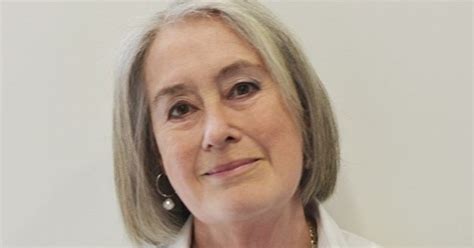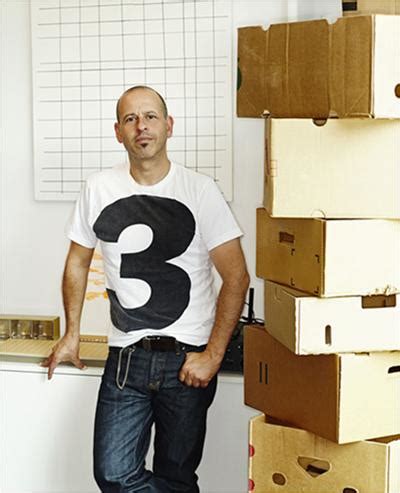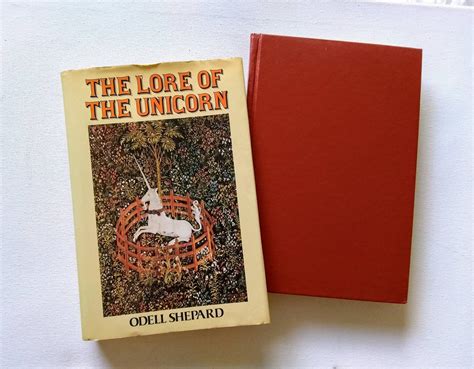A Quote by Henry David Thoreau
The animal merely makes a bed, which he warms with his body in a sheltered place; but man, having discovered fire, boxes up some air in a spacious apartment, and warms that, instead of robbing himself, makes that his bed, in which he can move about divested of more cumbrous clothing, maintain a kind of summer in the midst of winter, and by means of windows even admit the light and with a lamp lengthen out the day.
Related Quotes
Ingratitude is the frost that nips the flower even as it opens, that shrivels the generous apple on the branch, that freezes the fountain in mid-flow and numbs the hand, even in the very act of giving. It is a sin of silence, absence and omission, as winter's sin is a lack of light; a sin against charity, which otherwise warms the heart and, in the truest sense, makes the world turn.
In winter I get up at night
And dress by yellow candle-light.
In summer quite the other way,
I have to go to bed by day.
I have to go to bed and see
The birds still hopping on the tree,
Or hear the grown-up people's feet
Still going past me in the street.
And does it not seem hard to you,
When all the sky is clear and blue,
And I should like so much to play,
To have to go to bed by day?
It is God's earth out of which man is taken. From it he has his body. His body belongs to his essential being. Man's body is not his prison, his shell his exterior, but man himself. Man does not "have" a body; he does not "have" a soul; rather he "is" body and soul. Man in the beginning is really his body. He is one. He is his body, as Christ is completely his body, as the Church is the body of Christ
In every combustion there is disengagement of the matter of fire or of light. A body can burn only in pure air [oxygen]. There is no destruction or decomposition of pure air and the increase in weight of the body burnt is exactly equal to the weight of air destroyed or decomposed. The body burnt changes into an acid by addition of the substance that increases its weight. Pure air is a compound of the matter of fire or of light with a base. In combustion the burning body removes the base, which it attracts more strongly than does the matter of heat, which appears as flame, heat and light.
Man had in the beginning no power of analysis or synthesis approaching that of the spider, or even of the honey-bee; he had acute sensibility to the higher forces. Fire taught him secrets that no other animal could learn; running water probably taught him even more, especially in his first lessons of mechanics; the animals helped to educate him, trusting themselves into his hands merely for the sake of their food, and carrying his burdens or supplying his clothing; the grasses and grains were academies of study.
But in reading Shakespeare and in reading about Edward de Vere, it's quite apparent that when you read these works that whoever penned this body of work was firstly well-travelled, secondly a multi-linguist and thirdly someone who had an innate knowledge of the inner workings and the mechanisms of a very secret and paranoid Elizabethan court. Edward de Vere ticks those three boxes and many more. William of Stratford gave his wife a bed when he died [his second best bed].
Humility responds to God's will-to the fear of His judgments and to the needs of those around us. To the proud, the applause of the world rings in their ears; to the humble, the applause of heaven warms their hearts. Someone has said, "Pride gets no pleasure out of having something, only out of having more of it than the next man."

































